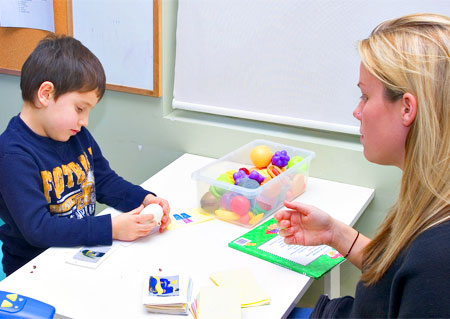Pervasive disorder, also known as childhood disintegrative disorder or Heller’s syndrome is a condition wherein children grow normally until had reached the age of 2 to 4, but followed by significant loss of communication, social and other skills. Pervasive disorder is extremely similar to autism. Continue reading




